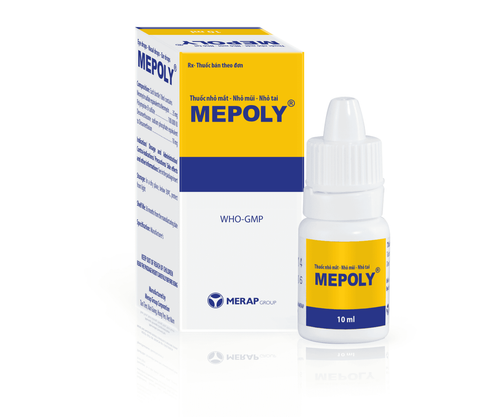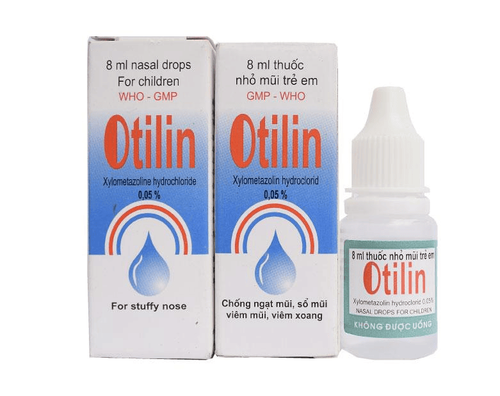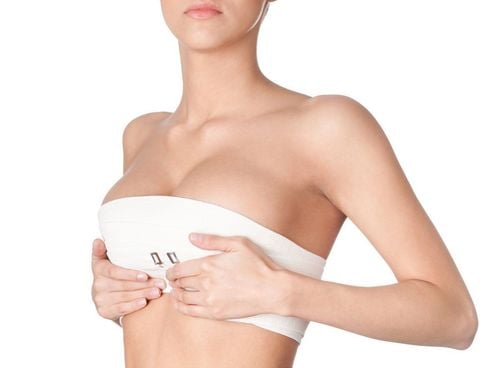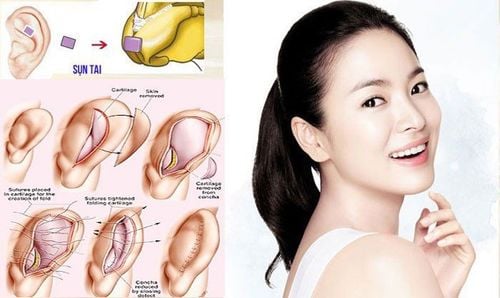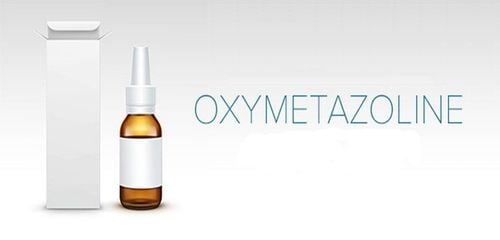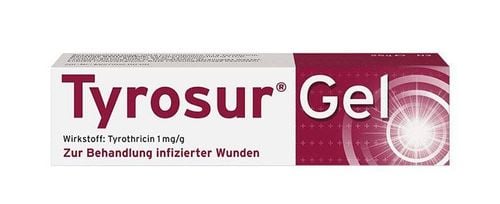This is an automatically translated article.
Rhinoplasty is currently a cosmetic surgery that many women are interested in. Rhinoplasty helps improve the shape of the nose to become beautiful in accordance with the face. However, when you are having some breathing problems such as sinusitis, allergic rhinitis, should you perform rhinoplasty?1. Should I lift my nose when I have allergic rhinitis?
Nasal sinuses are defined as hollow cavities located in the bones of the head of the face. This organ is relatively sensitive to dirt and bacterial invasion. Depending on the location on the facial bone, there are many different sinuses such as frontal sinus, ethmoid sinus, maxillary sinus, and sphenoid sinus.Rhinoplasty is surgery to shape the nose using fillers. The purpose of this beauty method is to influence and change the shape of the nose at will and the height to suit the subject's needs. Rhinoplasty fillers are placed over the main bone and under the skin of the nose without affecting the sinuses. Therefore, rhinoplasty will not affect sinus disease or any other health problems. You can rest assured to choose the right nose shape.
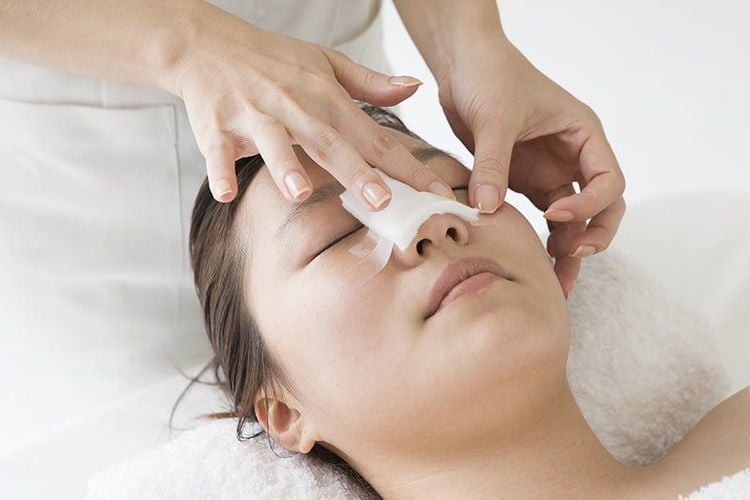
Viêm mũi dị ứng có nâng mũi được không là thắc mắc của nhiều người
2. People with allergic rhinitis should not raise their nose
Allergic rhinitis should rhinoplasty? This is a question of many people who are planning to have rhinoplasty surgery. When you have allergic rhinitis, you can completely lift your nose, but it is absolutely contraindicated in some of the following cases.Rhinitis is progressing severe and complicated such as nosebleeds, festering, then surgery should not be performed. You need to consult a specialist for treatment for the disease to be in remission and stability before performing rhinoplasty Pregnant women, nursing mothers: Usually after surgery, doctors will prescribe drugs to ensure for wound healing. These drugs include antibiotics that can be unhealthy and debilitating in pregnant or nursing women. People with cardiovascular diseases, hemophilia: These cases are often at high risk during surgery due to heavy bleeding and difficulty in stopping bleeding. People who are in the process of being treated for mental illness: Having allergic rhinitis will not affect the mental system. However, people who are suffering from mental problems should not lift the nose.
3. Effects of rhinoplasty on allergic rhinitis
So does rhinoplasty have any effect on allergic rhinitis? The answer is yes, but the impact is minimal. The effect is the discomfort that the implant causes. Due to the nature of the implant is an external silicone material inserted, it will more or less cause initial discomfort. In particular, with implants of unclear origin, poor quality materials can be harmful to your health.
Sau khi nâng mũi cần chăm sóc mũi đúng cách và thăm khám theo đúng lịch hẹn của bác sĩ
4. Note about rhinoplasty when having allergic rhinitis
Before rhinoplasty, you need to pay attention to some points as follows:Find reputable medical facilities to examine and evaluate the status of allergic rhinitis. Find out the doctor's indications whether to lift the nose or not. Do not be too greedy to choose poor quality silicone nose implants. For the care regimen, people with allergic rhinitis need to be scientific and careful. Because this is an important factor to help the result of rhinoplasty be successful as expected, it is absolutely safe or not.
Clean the nose with physiological saline, gentle movements and pay attention to always keep the wound in a dry state. In the first few days, ice should be applied to help reduce swelling and fade bruises caused by impact during surgery. Minimize the impact of vigorous exercise on the nose. Do not spray and snort forcefully, making it difficult for the wound to heal, even bleeding. When snorting, you should open your mouth wide, to limit the impact on the wound. Supplement the body with nutrients rich in calories and protein to help regenerate tissue and foods rich in vitamin A to help fade the incision Abstain from using fermented foods such as melons, bean sprouts, salted eggplant, .. foods that cause scarring such as water spinach, seafood, chicken, eggs, etc. foods with stimulant properties such as onions, garlic, chili peppers, wine, beer, coffee, tobacco. Take the medicine at the right time and dose as your doctor has prescribed. When detecting abnormalities from the nose, see a doctor immediately. Regular check-ups, according to the doctor's appointment to grasp the actual situation. From there, doctors can offer appropriate care solutions. You should wear a mask when going out on the street to limit exposure to pathogens and keep your nose warm. Above are important information to explain whether allergic rhinitis can raise the nose? You can consult and it is best to discuss with a specialist doctor about your current health condition before you intend to have rhinoplasty.
Please dial HOTLINE for more information or register for an appointment HERE. Download MyVinmec app to make appointments faster and to manage your bookings easily.




